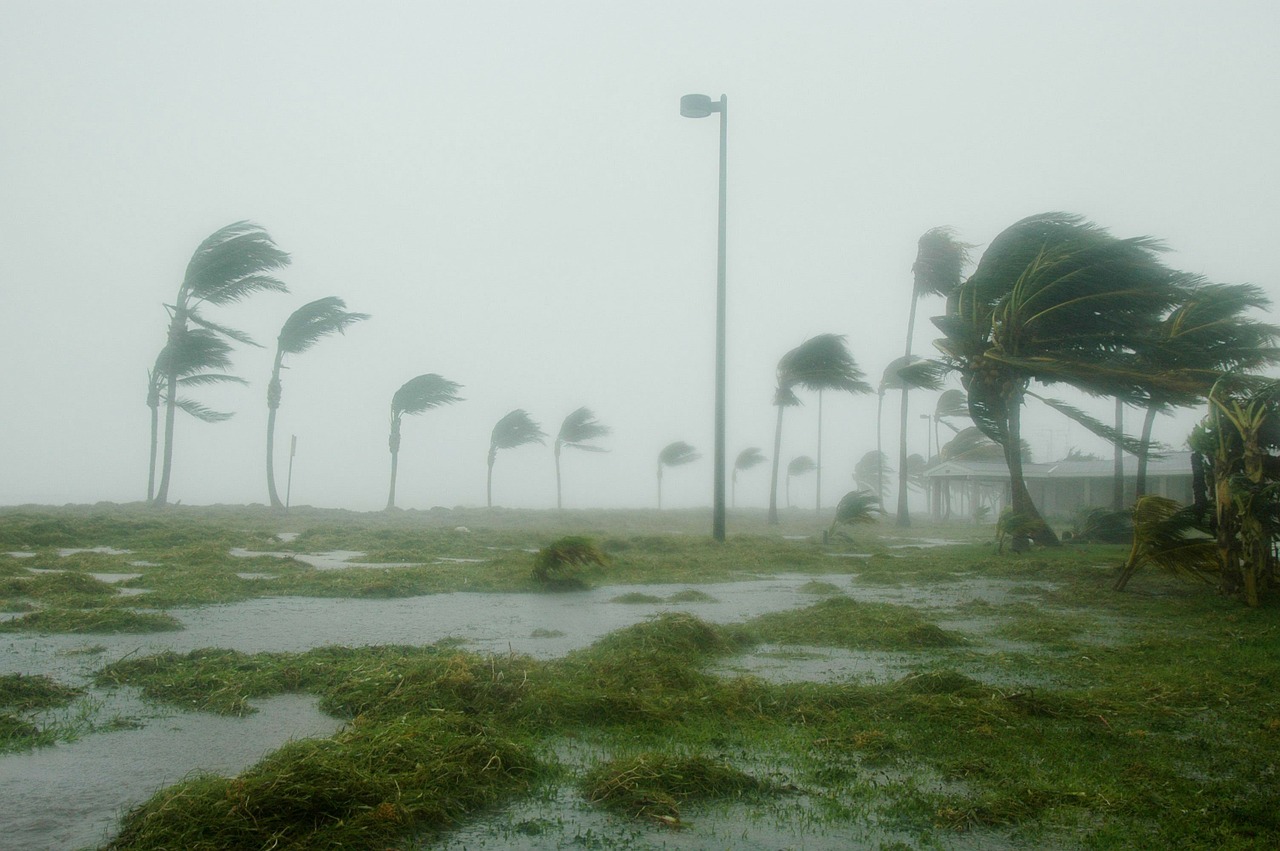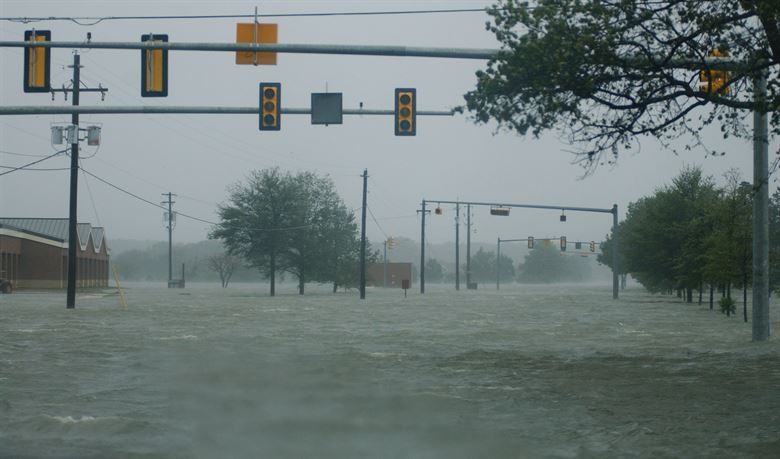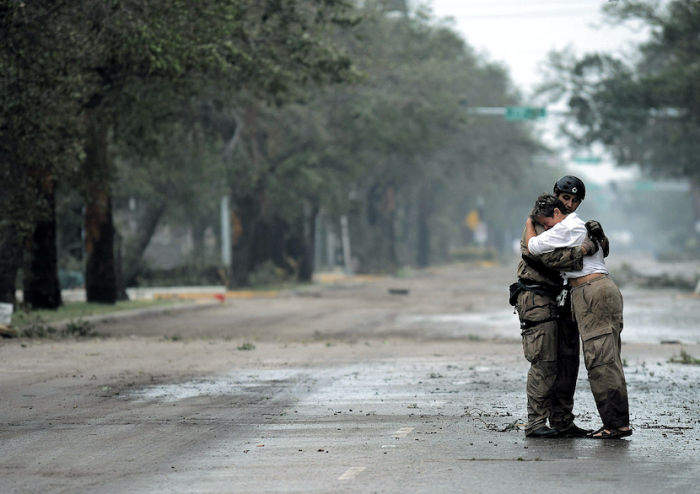Hurricane Season on the Horizon: Start Planning Now
The fact that it is May already takes my breath away. It truly feels as though this year has flown by … in the oddest possible way! And yet a quick look at my calendar confirms that it is National Hurricane Preparedness Week, which means the June 1 start date of the 2020 Atlantic hurricane […]

The fact that it is May already takes my breath away. It truly feels as though this year has flown by … in the oddest possible way! And yet a quick look at my calendar confirms that it is National Hurricane Preparedness Week, which means the June 1 start date of the 2020 Atlantic hurricane season will soon be here. And the outlook for this season is concerning. Some predictions that assess the Gulf of Mexico reflect that conditions are similar to 2017 which brought Hurricanes Harvey, Irma, Jose and Maria.
National Hurricane Preparedness Week is a good time to remind the philanthropic community that the time to start planning for hurricane season is now. And, with the COVID-19 pandemic at the forefront of our thinking, the National Weather Service reminds us that individual, community and philanthropic preparedness actions may need to be revised based on the latest health and safety guidelines from CDC and local officials. Even more reason to prioritize preparedness.
To help you mark Hurricane Preparedness Week and plan for the start of the 2020 season, we are sharing these four strategies for effective disaster giving.
Be Prepared to Address Disasters on Multiple Fronts
It is highly likely that the United States is going to simultaneously face at least one large-scale natural disaster amid the pandemic. Remember the six basic principles to help guide philanthropy: take the long view; recognize there are places private philanthropy can help that government agencies might not; all funders are disaster funders; support the sharing of best practices; connect with other funders; and look to past disasters for guidance. These principles are more important than ever, knowing that nonprofits and other responding organizations are already under pressure of increased needs and uncertain revenue.
Support Relief and Recovery
In the event that a hurricane strikes, CDP encourages you to support some relief efforts, we also urge you to allocate some of your funds for medium- and long-term recovery. This strategic approach to disaster giving still involves support for first-responder organizations, while also focusing attention on funding long-term recovery needs, such as affordable housing and mental health services, that will become evident weeks and months after the storm.
Select Your Strategy
The Disaster Philanthropy Playbook offers sound guidance on how to effectively allocate resources to disasters. It offers a host of strategies that funders can use to help communities. From housing and legal services to mental health and mitigation, the Playbook is an essential source for disaster-related planning and giving.
Advance Your Values
My advice here is simple. Consider your organization’s values and priorities and give to support:
- Organizations with whom you have existing relationships.
- Organizations that have a pre-existing presence on the ground.
- Organizations whose missions and programmatic activities match your foundation’s mission and programmatic activities. Advance your own internal expertise!
- Issue areas that are unfunded or underfunded. Know what other private funders, governmental bodies and local communities are prioritizing—and then support issue areas outside of those priorities.
- Vulnerable populations—children, medically dependent, older adults, new Americans, people with disabilities and others.
I do not believe that the next six months are going to be easy in the disaster world given the far-reaching effects of COVID-19. I do, however, believe that if we in philanthropy implement the strategies outlined above, we be able to both shore up and strengthen disaster-affected communities.
More like this

The Time to Prepare is Now

